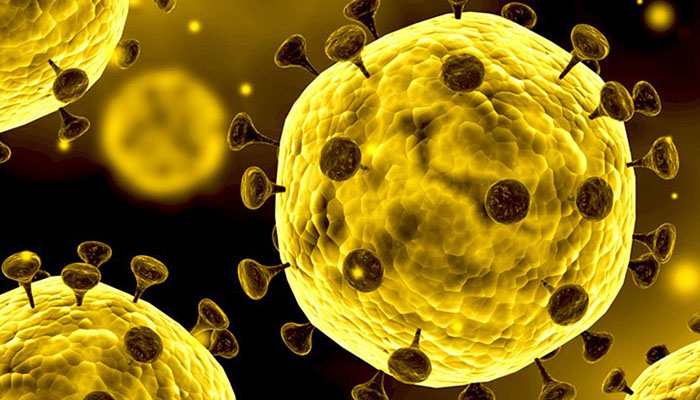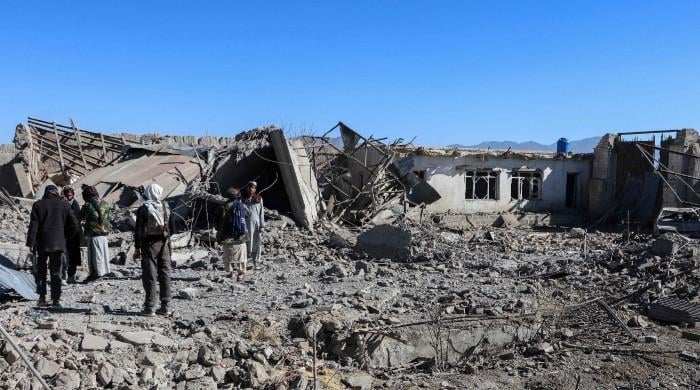Karachi coronavirus patient's health improving, life out of danger: health department
The patient will be sent home after the quarantine expires, confirms the health ministry
February 28, 2020

KARACHI: The 22-year-old coronavirus patient is recovering and will be sent home after his quarantine ends, said the health department on Friday, a couple of days after Pakistan's first two cases of the infection were reported.
Read more: Pakistan latest victim of coronavirus
The patient's health is improving and his life is out of danger, confirmed the department. It was further revealed that today marks the eighth day that the patient arrived in Pakistan from Iran. After the quarantine term expires, he will be sent home.
The patient's family and friends were tested for the virus and the results came back negative, confirmed the health department.
On Wednesday, Dr Mirza had disclosed that two coronavirus cases were diagnosed in the country.
"I can confirm first two cases of corona virus in Pakistan. Both cases are being taken care of according to clinical standard protocols & both of them are stable," Dr Mirza had written on Twitter.
He had also noted that there was "no need to panic [as] things are under control".
The other coronavirus patient was a resident of Islamabad who had been admitted to the Pakistan Institute of Medical Sciences (PIMS) where he was being treated. Dr Mirza had said that both patients were 'stable and improving'.
Screening machines may not have worked
The World Health Organization’s (WHO) standard operating procedures (SOP) dictate that everyone who comes into contact with the infected person should be checked for the virus.
The 22-year-old's condition had reportedly started to deteriorate on February 18 and he underwent a hijama — or cupping therapy — at a local health centre in Iranian city of Mashhad. After that, he suffered from a headache.
He had arrived in Karachi on February 20, indicating that there were chances that the thermal screening machines at the airports for those entering the country may not have worked after all.
The machines are supposed to immediately detect higher-than-usual body temperature.











